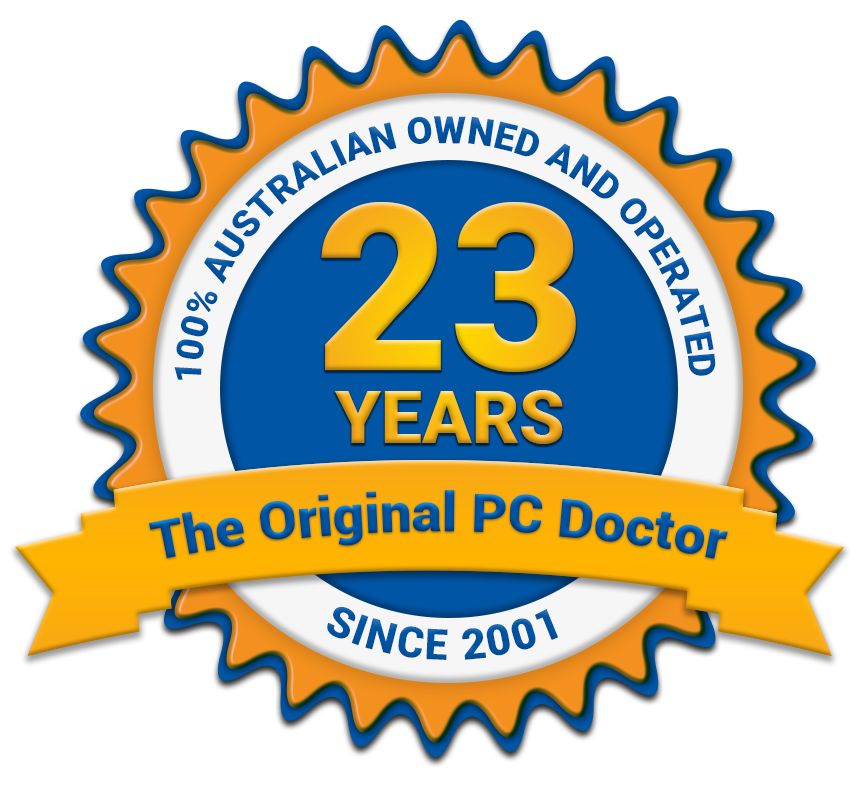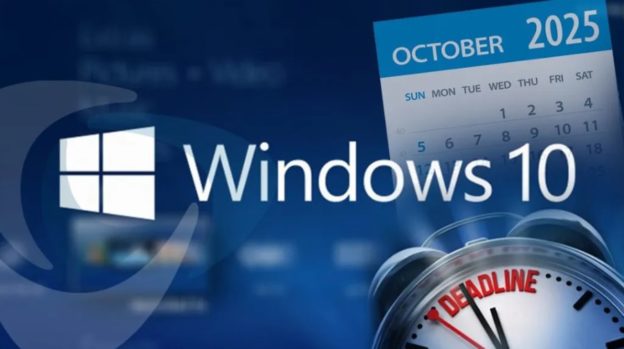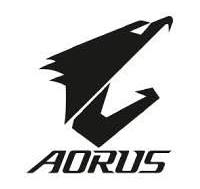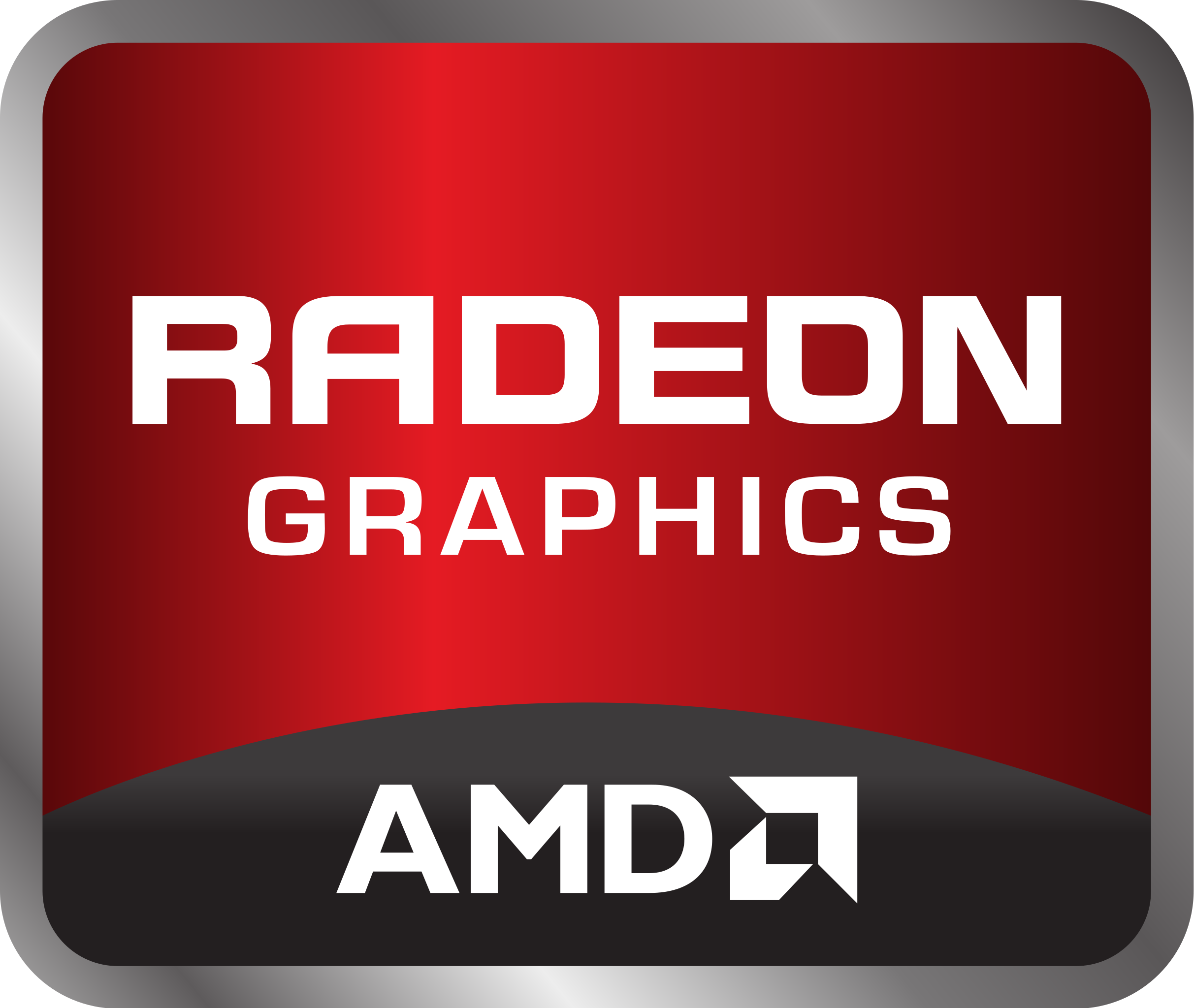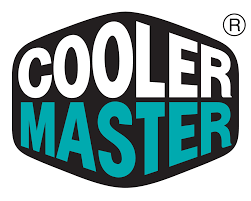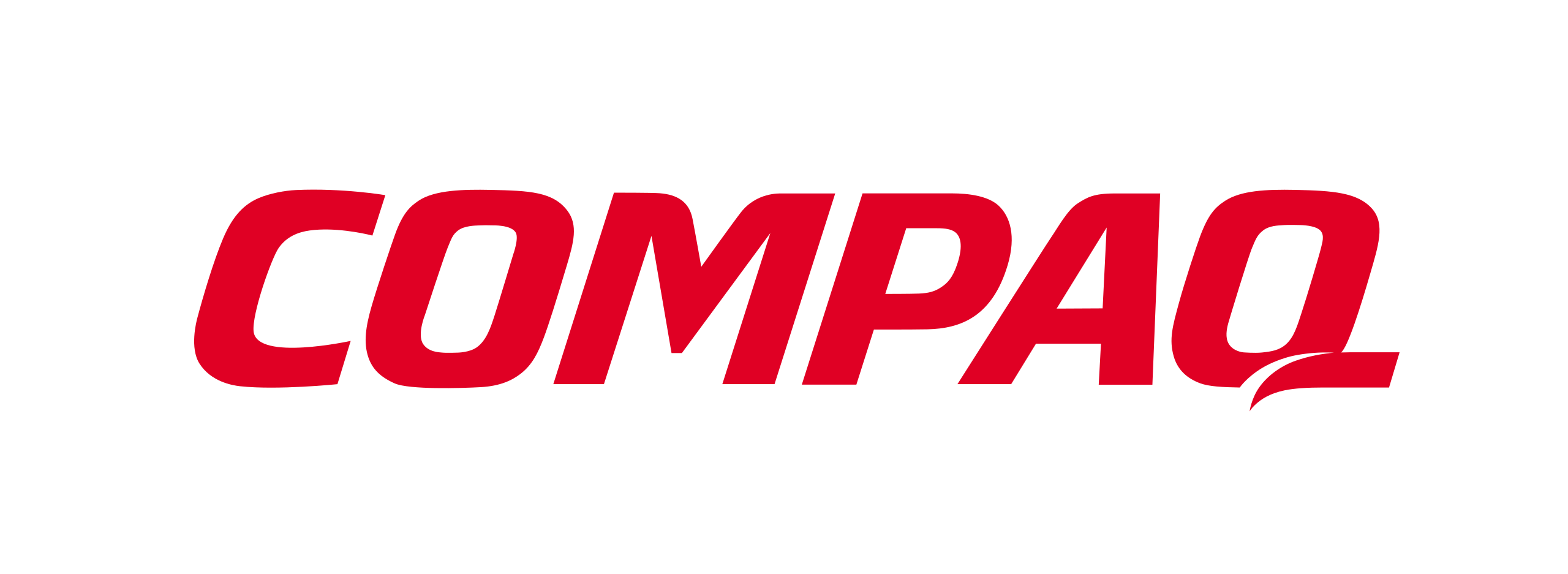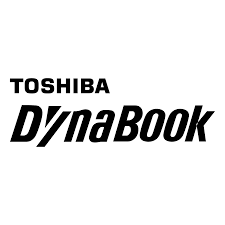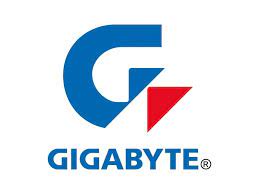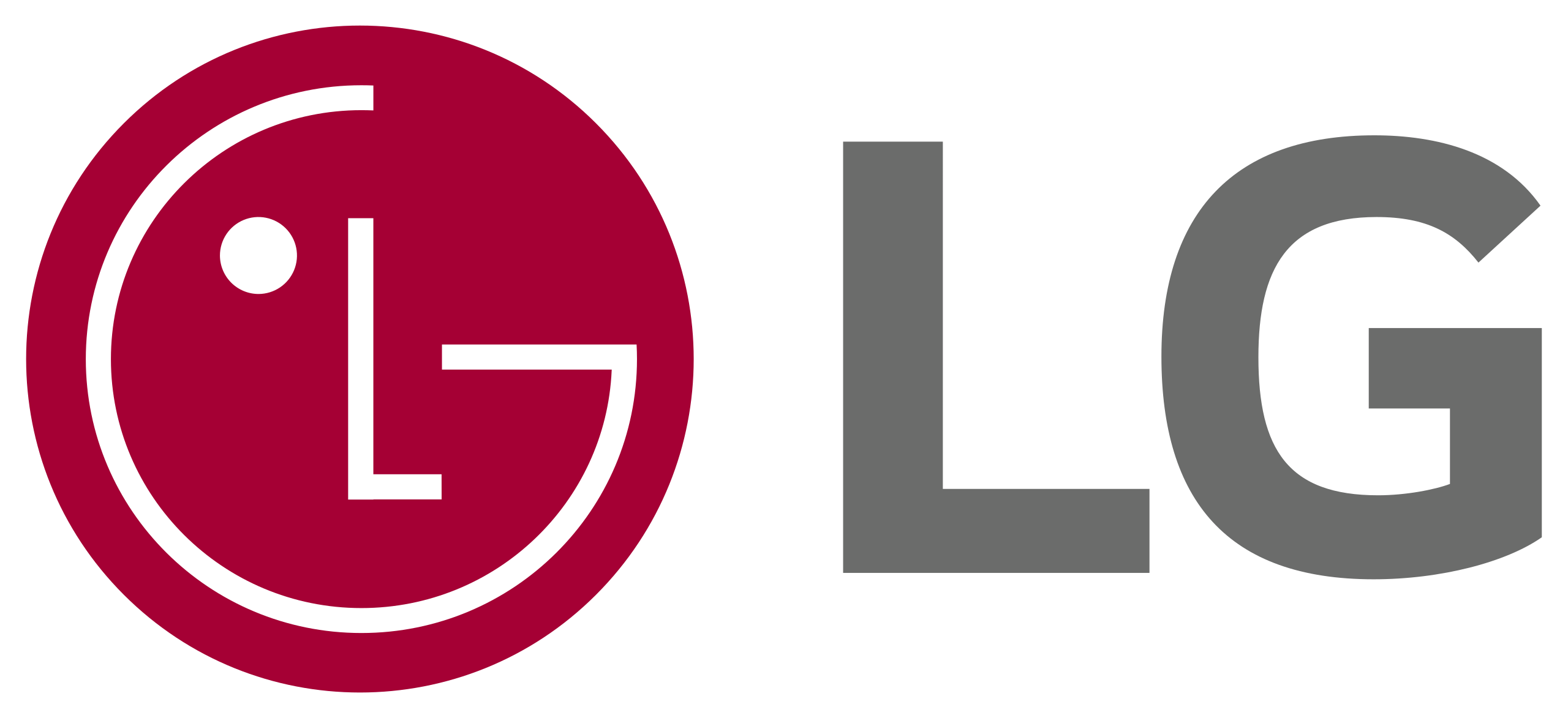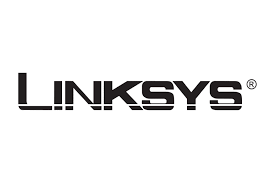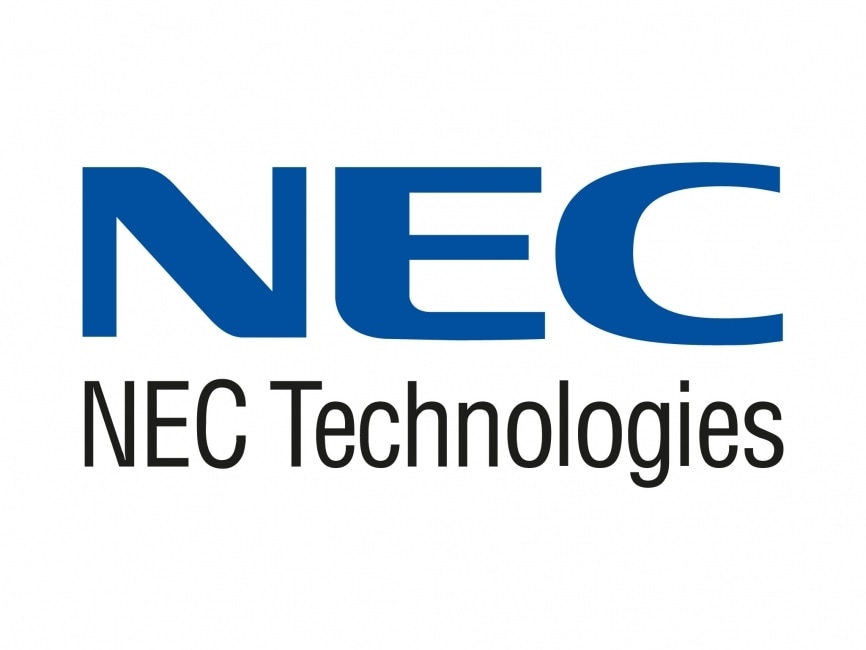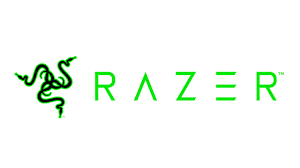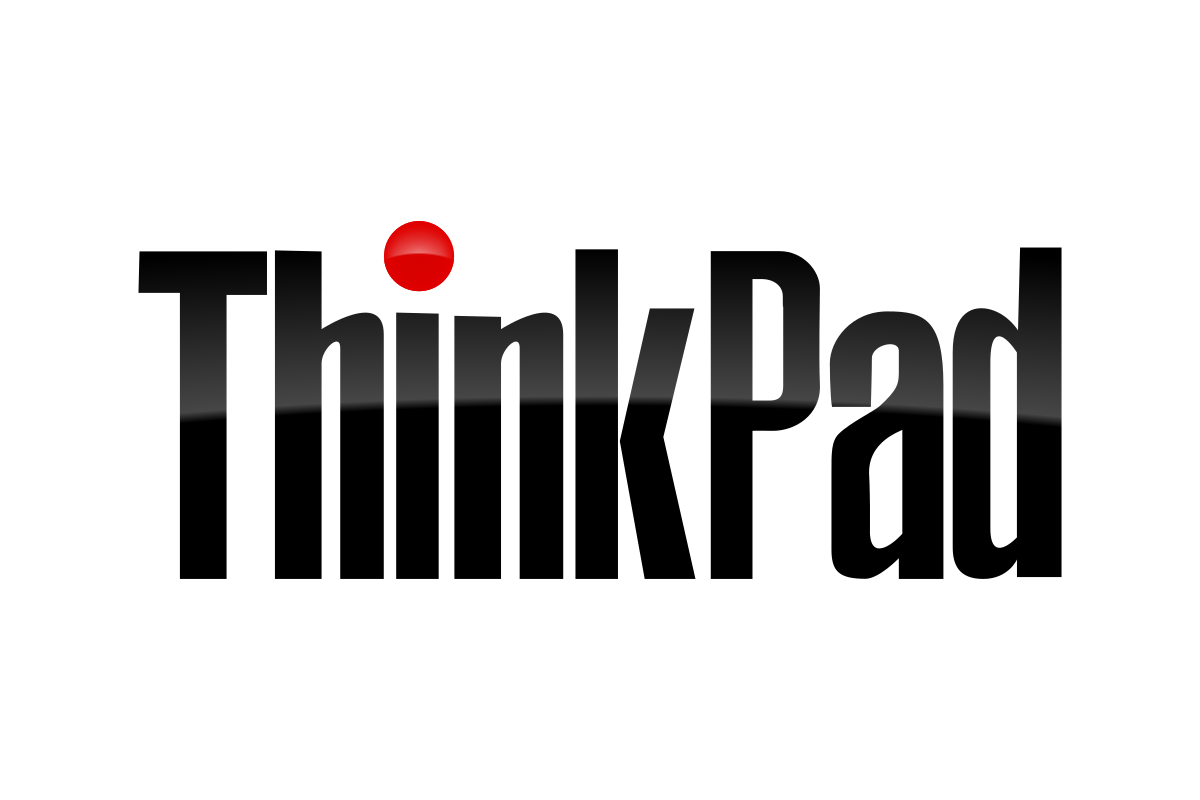Knock of Death
The term “knock of death” in relation to hard drives is a relatively recent phenomenon, likely arising in the late 20th or early 21st century. Unlike the folklore surrounding unexplained knocks, the knock of death with hard drives has a more technical basis.
Here’s a breakdown of the history:
Early Hard Drives (Pre-1990s):
- Hard drives of this era were simpler and more prone to physical failure.
- Failure might manifest as complete silence or a constant grinding noise, offering little warning.
The Rise of the Knock of Death (1990s onwards):
- With advancements in hard drive technology, a new type of failure emerged.
- The drive head (responsible for reading/writing data) could become misaligned, causing it to repeatedly tap on the platters (data storage discs) inside the drive.
- This repetitive tapping sound resembled a knocking and became known as the “knock of death.”
The Knock as a Warning Sign:
- Unlike previous failures, the knock of death could serve as an early warning.
- Users who heard the knocking might be able to back up their data before complete failure.
- This led to the spread of information about the knock of death within tech communities and eventually to the wider public.
Modern Hard Drives and the Evolving Knock:
- Modern hard drives have better error correction and diagnostics, making the classic knock of death less frequent.
- However, some drives might exhibit clicking or ticking sounds during failure, which could be seen as an evolution of the knock.
Importance of Backups:
- While the knock of death might provide a warning, it’s not guaranteed.
- Regularly backing up data remains the most crucial step to prevent data loss due to hard drive failure.
The Knock’s Legacy:
- The term “knock of death” serves as a reminder of the fragility of data storage and the importance of backups.
- While the sound itself might evolve with technology, the core message remains relevant.
Symptoms:
- Clicking or tapping sounds coming from the hard drive.
- Inability to access files or partitions on the hard drive.
- Sudden and complete failure of the hard drive to function.
- Error messages indicating disk read or write errors.
Self-Testing:
- Listen for any unusual sounds coming from the hard drive.
- Use diagnostic software to check the health status of the hard drive.
- Back up important data immediately if you suspect a knock-of-death issue.
For professional assistance with hard drive failures, contact “The Original PC Doctor” at 1300 723 628 or visit www.thepcdoctor.com.au.





